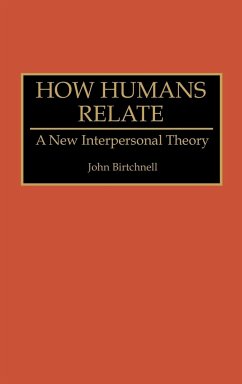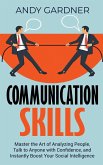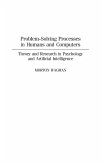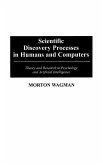From the time we are born we never stop relating, just as our hearts never stop beating. Relating is a characteristic which humans share with all animal forms and any classification of human relating ought to exist in continuity with, and be derivable from, that of the relating of all other animal forms. Relating occurs along two main axes. The one concerned with distance regulation, the other with the adjustment of the power differential. People need both distance and closeness and both to hold power and to rely upon those who have power. It is argued that all the main forms of relating are organized around these four needs. Interrelating is the process by which people attempt to reconcile their respective relating needs. A central feature of the book is the distinction it draws between positive (constructive) relating and negative (destructive) relating. People need to acquire competencies in each of these four spheres of relating so that they may attain and feel secure in the four respective states of relatedness. Those who lack such competencies relate desperately and disrespectfully and this, it is argued, forms the basis of personality disorders and psychiatric diagnoses. The idea that negative relating is an extreme form of positive relating is discounted.
Bitte wählen Sie Ihr Anliegen aus.
Rechnungen
Retourenschein anfordern
Bestellstatus
Storno








